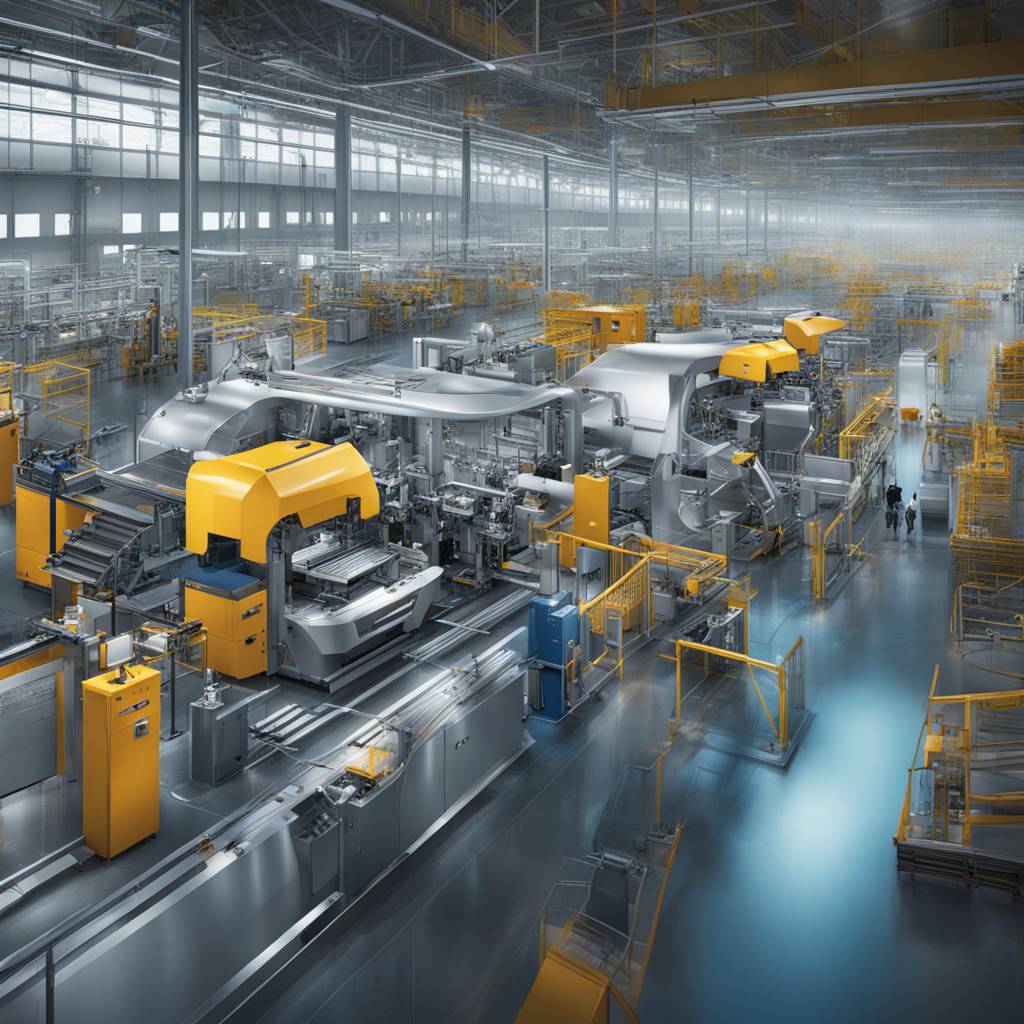A recent report from real estate advisory firm Colliers suggests that the manufacturing industry in the U.S. is actually performing well in terms of attracting foreign direct investment, despite common assumptions. The report found that job creation through FDI in the U.S. increased by 6% across all industry sectors in 2023, and overall investment into the U.S. has increased by 65% since 2019. Manufacturing has attracted the largest volume of FDI, due to factors such as attractive operating costs and incentives. Additionally, despite the popular narrative of U.S. manufacturing jobs being moved overseas, Asian investments into U.S. manufacturing remain strong, with South Korea leading the way.
Monty Turner, senior vice president and principal at Colliers Site Selection, attributes the uptick in FDI in the manufacturing sector in the U.S. to companies reshoring or friendshoring their operations. The report also notes that the Inflation Reduction Act introduced by the Biden administration has incentivized U.S. companies to reinvest domestically, thereby having a cooling effect on U.S. investment into other regions. This has caused Asia to overtake the U.S. as a source market for FDI into Europe. However, despite this shift, Europe’s manufacturing sector saw a 33% growth in FDI in 2023 as companies nearshored operations due to global supply chain frictions.
Elias van Herwaarden, head of location strategy for Colliers Occupiers Services EMEA, points out that manufacturing jobs created through FDI in Europe since 2019 have been predominantly in western and central Europe, contrary to the perception that manufacturing jobs have shifted eastward. This highlights the importance and durability of manufacturing in both the U.S. and Europe, as production activity is crucial for economic stability. Van Herwaarden notes that manufacturing is where the real money is made, and despite the focus on services, manufacturing investment has been steadily increasing in both regions, suggesting continued strong investment in the sector for the future.
The report also reveals that the IRA in the U.S. has favored existing industries and FDI, leading to expansions across the nation. The reshoring trend was already in effect prior to the IRA, but the act accelerated it, particularly in sectors such as semi-conductors, solar, electric vehicles, and batteries. This shift towards a regionalized supply chain approach, making products where they are sold, has been beneficial for the manufacturing sector in the U.S.
Overall, the Colliers report challenges the common narrative of decline in manufacturing industries in the U.S. and Europe, highlighting the strength of both regions in attracting FDI in the sector. Looking ahead, the long-term view suggests continued robust investment in manufacturing, indicating that the industry is far from dead and remains a vital component of the economies in both regions.













